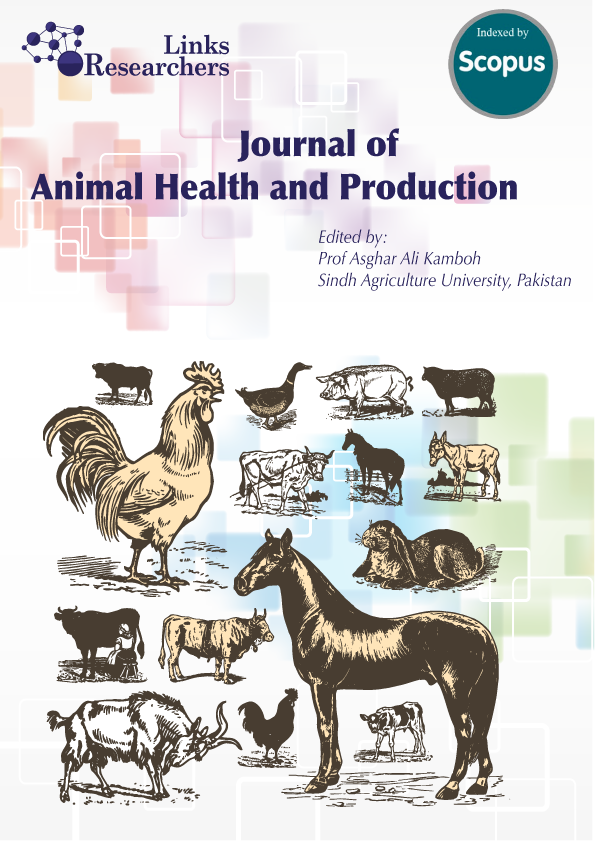Protective Effects of Vitamin C on Nrf2 and TSPO Genes Expression in the Urinary System of Ovariectomized Rabbits
Protective Effects of Vitamin C on Nrf2 and TSPO Genes Expression in the Urinary System of Ovariectomized Rabbits
Mohammed H. Asker*, Nagham S. Mohammed, Zinah S. Zamil
ABSTRACT
Ascorbic acid, also known as vitamin C, is a water-soluble vitamin essential for growth, development, and tissue repair. This study aimed to assess the impact of vitamin C on the urinary systems of ovariectomized rabbits. Twenty rabbits, aged 8–9 weeks, were divided into four groups: intact rabbits receiving distilled water (Group 1), intact rabbits receiving oral vitamin C (10.166 mg/kg/B.W) (Group 2), ovariectomized rabbits receiving distilled water (Group 3), and ovariectomized rabbits receiving oral vitamin C (Group 4). All treatments were administered orally daily. At the end of the experiment, the animals were anesthetized, and kidney tissues were collected for RNA isolation. The expression of genes encoding translocator protein (TSPO) and nuclear factor erythroid 2 related factor 2 (Nrf2) was analyzed in the kidney tissues. Vitamin C significantly reduced blood levels of urea, creatinine, salt, potassium, and calcium in both intact and ovariectomized groups (p≤0.05). Additionally, gene expression decreased significantly in the ovariectomized group (p≤0.05). These findings underscore the crucial role of vitamin C in renal function. Upregulation of Nrf2 and TSPO gene expression in ovariectomized rabbits suggests an adaptive response to mitigate ovariectomy-induced kidney tissue damage. Overall, these results highlight the potential therapeutic benefits of vitamin C in preserving renal function and warrant further investigation into its mechanisms of action.
To share on other social networks, click on any share button. What are these?





